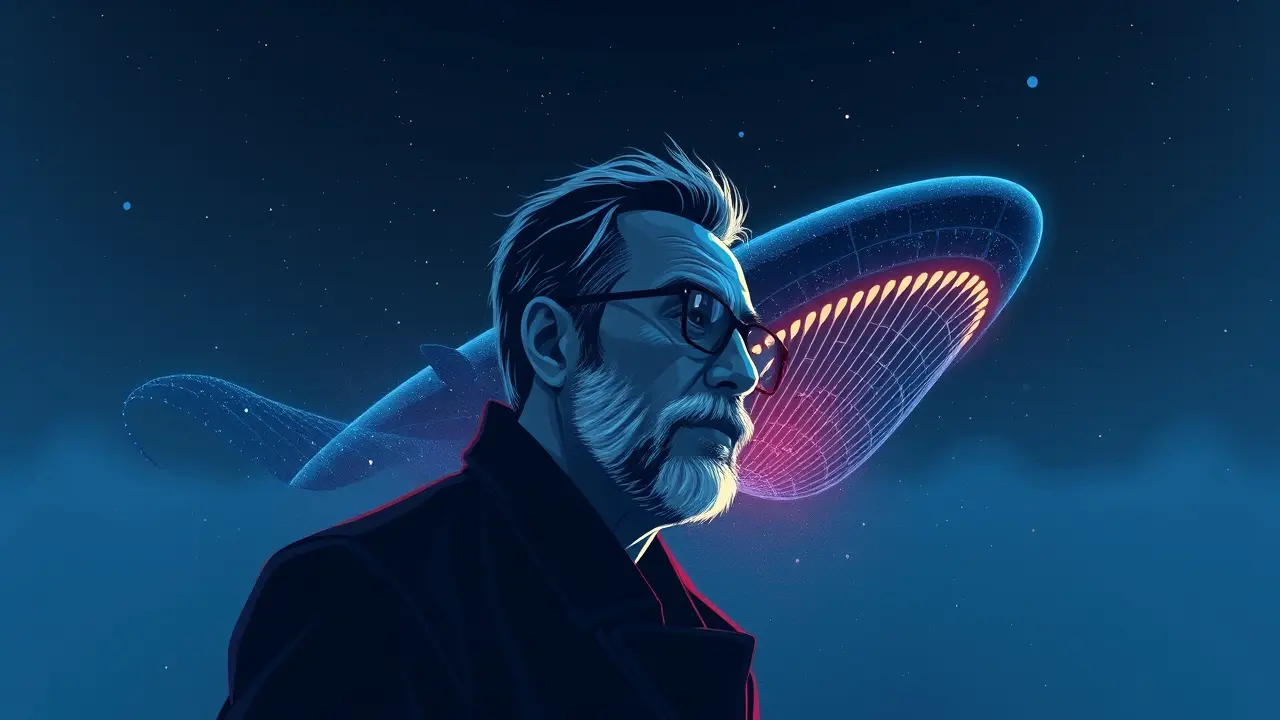Hungarian Author Laszlo Krasznahorkai Wins Nobel Literature Prize.
The announcement that Hungarian writer László Krasznahorkai had won the 2025 Nobel Prize in Literature landed not with the bombast of a stadium anthem but with the resonant, melancholic chord of a composition finding its final, perfect note, a moment of profound recognition for an artist who has long composed symphonies in prose. Mats Malm, the Permanent Secretary of the Swedish Academy, framed the award as being for a 'compelling and visionary oeuvre that, in the midst of apocalyptic terror, reaffirms the power of art,' a description that reads like a tracklist for Krasznahorkai’s entire career, each novel a movement in a grand, unsettling oratorio about the decay of systems and the stubborn persistence of human consciousness.Think of his debut, *Satantango*, not merely as a book but as a bleak, hypnotic score, its famously long, spiraling sentences building a rhythm of despair and petty betrayals in a muddy post-communist village, a rhythm so potent it compelled filmmaker Béla Tarr to translate it into a seven-hour cinematic masterpiece, a visual album of rain and ruin. Then came *The Melancholy of Resistance*, another collaborative album with Tarr, its pages swelling with the ominous approach of a mysterious circus and a giant whale, a narrative that builds like a crescendo of collective anxiety and societal collapse.To read Krasznahorkai is to listen to a genre-defying artist, one who operates in the literary equivalent of avant-garde jazz or post-rock, where conventional structure is dismantled to make way for a more authentic, if more terrifying, emotional truth. His work doesn’t offer catchy hooks or easy resolutions; it demands immersion, a surrender to its intricate, relentless cadence, much like the demanding works of a composer like György Ligeti, whose complex textures were deemed fit for the cosmic odyssey of *2001: A Space Odyssey*.The Nobel committee, in this selection, has effectively curated a lifetime achievement award for an entire aesthetic, championing a writer whose influence has seeped into the bedrock of international literature and cinema, validating a path far removed from commercial bestseller lists. This isn’t a prize for a pop hit; it’s a Grammy for Best Contemporary Classical Composition, an acknowledgment of artistic rigor and visionary scope that challenges the very form of the novel itself. In a cultural moment often dominated by the frantic, fragmented tempo of digital media, Krasznahorkai’s victory is a profound statement, a reminder that there is still a revered stage for those who craft vast, demanding, and deeply philosophical works, the literary equivalent of a concept album that reveals new layers with every revisit, its final note lingering long after the last page is turned.
It’s quiet here...Start the conversation by leaving the first comment.
© 2025 Outpoll Service LTD. All rights reserved.
